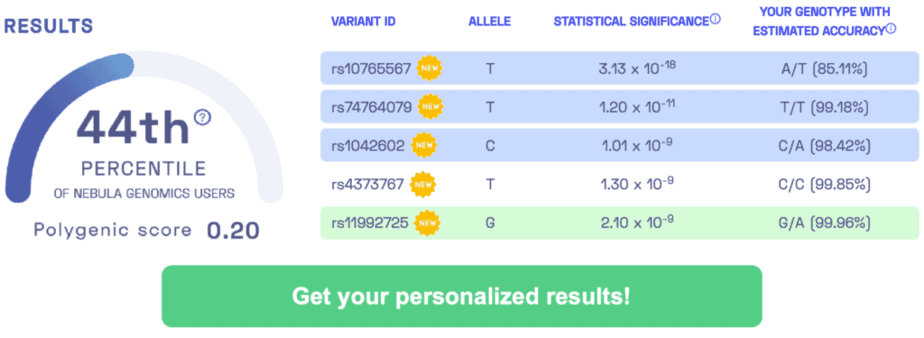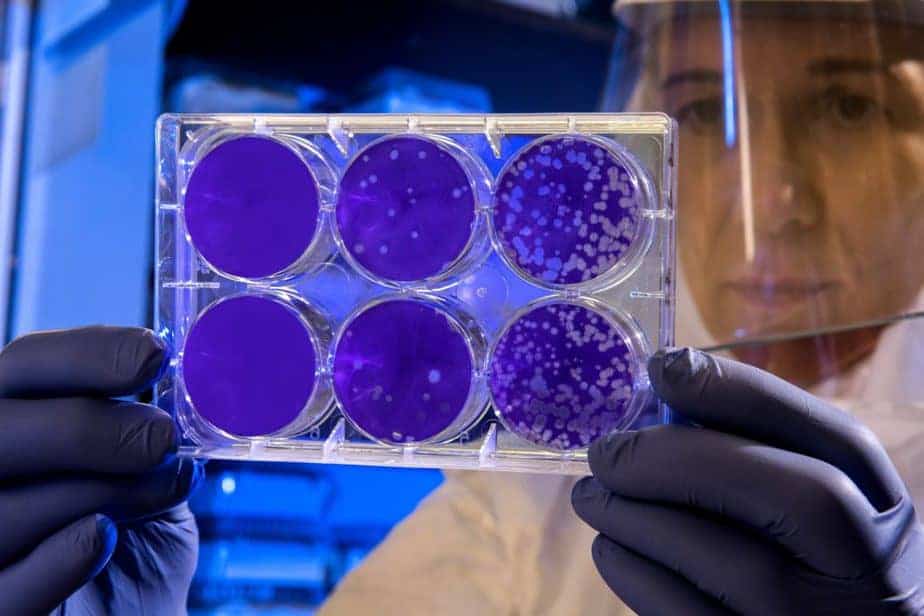STUDY TITLE: Identification of Genetic Loci Associated With Helicobacter pylori Serologic Status
SUMMARY: Discovery of 2 genetic regions associated with susceptibility to stomach infection with Helicobacter pylori bacteria.
OVERVIEW: Helicobacter pylori (H. pylori) is a bacterium that lives in the stomach of many people. Usually, it does not cause disease, but in some people, it can cause stomach sores and inflammation, which if left untreated can develop into stomach cancer. To better understand the heritability of H. pylori susceptibility, this genome-wide association study examined over 13,000 individuals of European ancestry. The study linked 2 genetic variants near TLR and FCGR2A genes to infection with H. pylori. TLR genes encode proteins that are found on the surface of some types of immune cells and enable the detection of bacterial molecules.
DID YOU KNOW? he discovery that Helicobacter pylori infection can cause stomach issues and lead to cancer was awarded a Nobel Prize in 2005. It has enabled the use of antibiotics to prevent the development of stomach cancer. [SOURCE]
SAMPLE RESULTS: Learn more about the Nebula Research Library.

H. PYLORI-ASSOCIATED VARIANTS: rs10004195, rs368433
ADDITIONAL RESOURCES:
H. pylori
H. pylori (Video)
WEEKLY UPDATE: December 26, 2019
